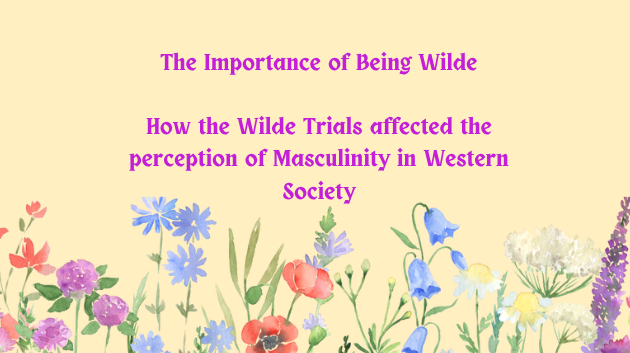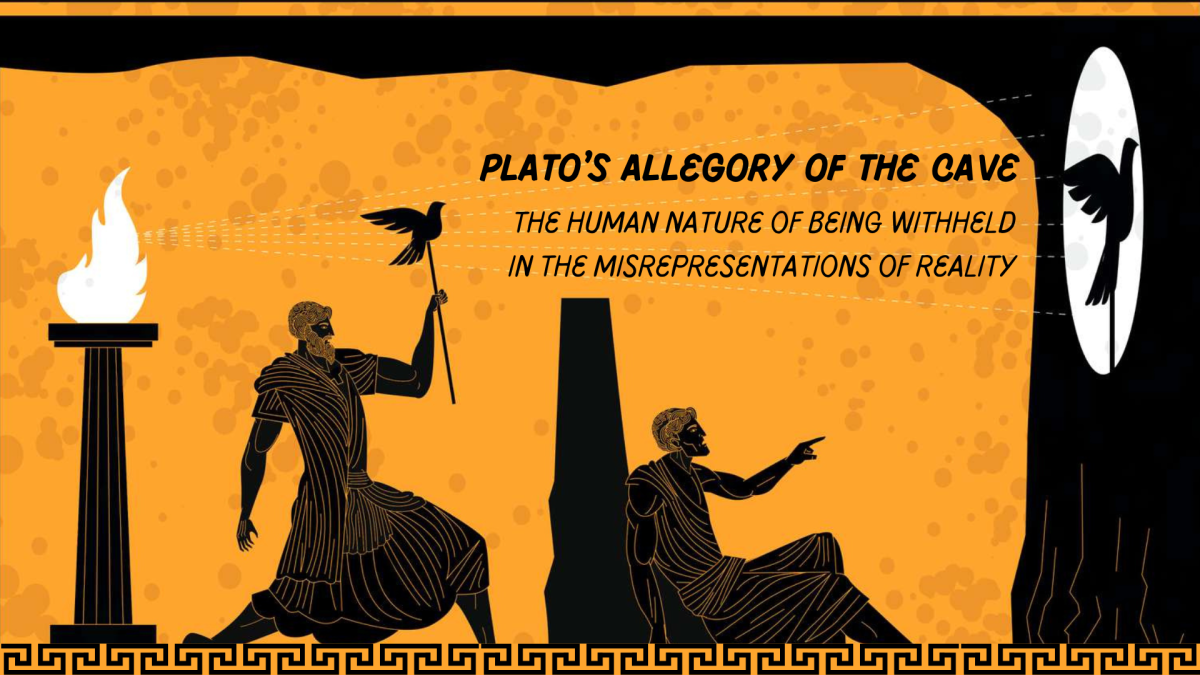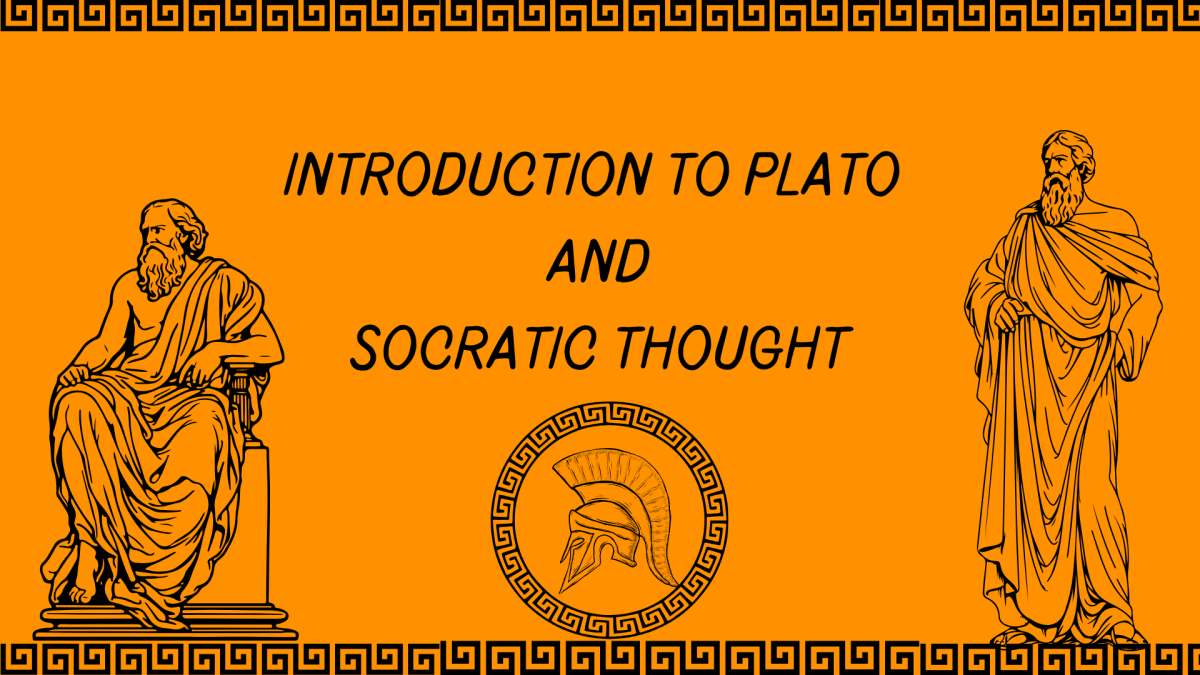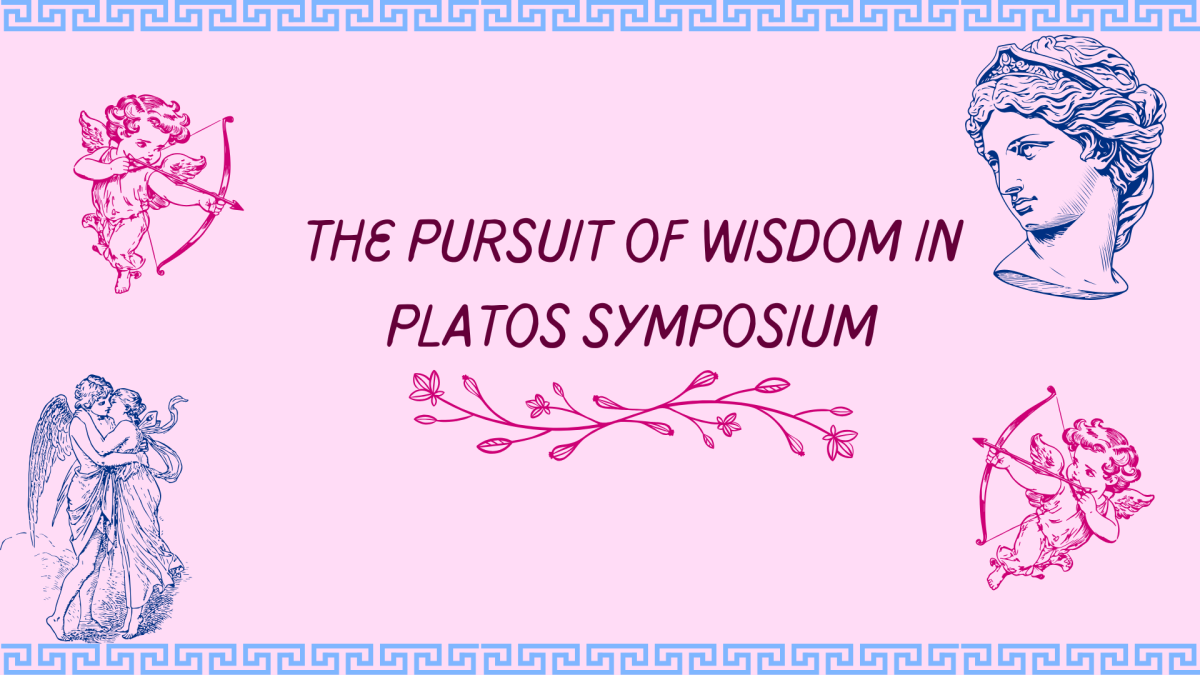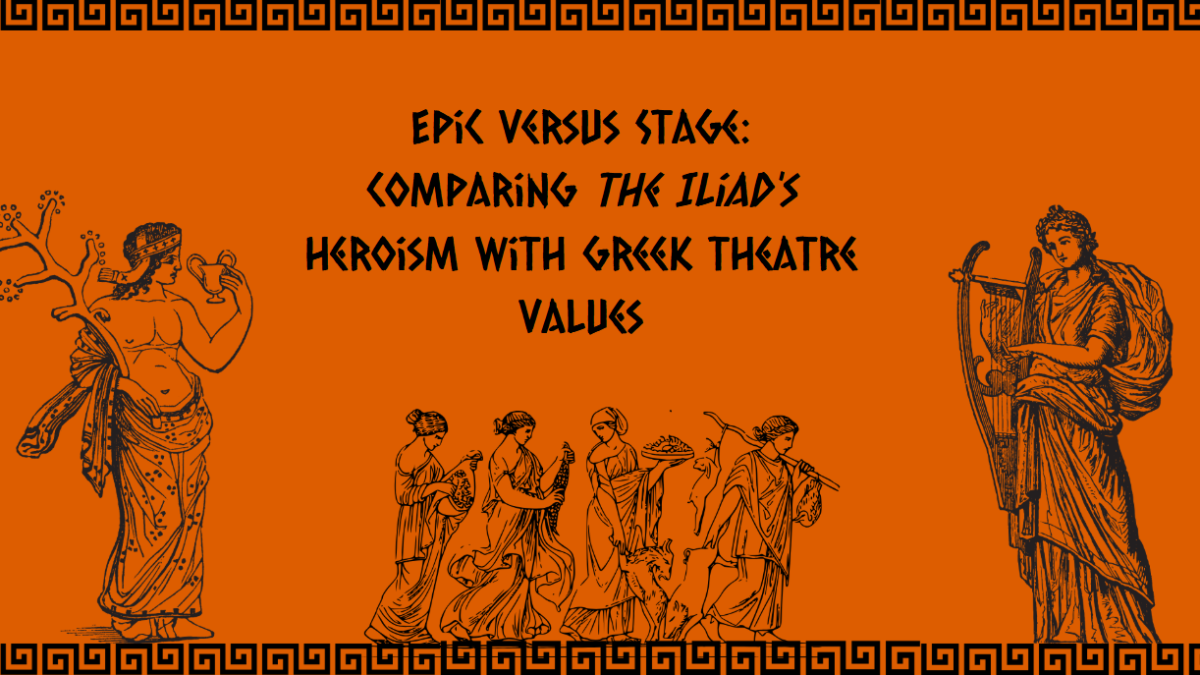Plato stands with Socrates and Aristotle as one of the most influential philosophers of the Western world. He came from a family of people who had played a prominent part in Athenian politics. However, he found himself disgusted by the violence and corruption of Athens and was sickened when his friend and teacher, Socrates, was executed in 399 B.C.E. Afterward, he instead devoted his life to understanding the ideal forms of justice, beauty, and truth. He also founded an academy in Athens in 387 B.C.E., which served as a center for intellectual discussion and the study of various topics.
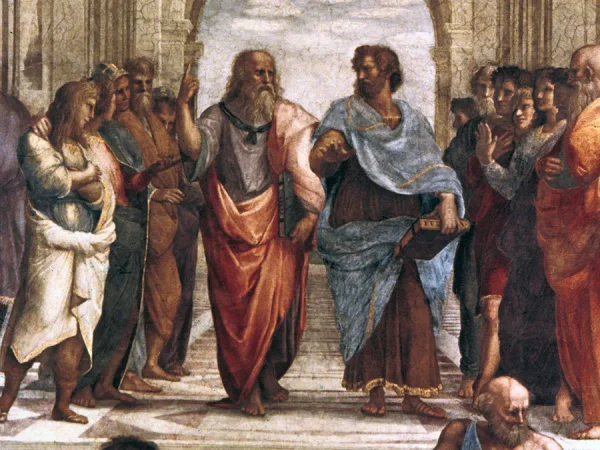
His book, “The Symposium” is typically placed among Plato’s middle-period works along with other books such as Phaedo, Republic, and Phaedrus. A common characteristic of these dialogues is that the arguments tend to be more extended and positive in their outcomes. Another is the presentation of Socrates through narrative and drama as an exemplar of virtue.

In “The Symposium” by Plato, he represents a symposium taking place in 5th century Athens. A symposium is a drinking party where aristocratic men would sit in the andrōn and share their enjoyment of wine, music, and converse; this whole environment created a privileged space in which the attention of guests were focused on each other. Plato’s Symposium was very typical in many ways of this social practice; the guests in his dialogues go around giving speeches on love and its qualities; after the initial speech a point that stays prominent throughout the Symposium is the difference between Common love and Heavenly Love.

Phaedrus is the first to speak. In his speech, his main point is that it is only lovers who are willing to die for someone they love, and he mentions how the gods punish people such as Orpheus, who the gods considered “soft” since “he didn’t have the courage to die for his love.” In contrast, when he begins to speak of Achilles and Patroclus, Phaedrus states that Achilles “not only died for [Patroclus] but also died as well as him…the gods.. give special honor to the courage that comes from love.” Phaedrus’ speech is the shortest, but it starts the discussion by having love praised.
The next speaker, Pausanias, begins by explaining that love is not one simple thing, so it cannot be clearly defined but instead put into two loves. Pausanias expresses that not every type of love is worth praising except for the one that motivates us to love rightly. In Pausanias’s opinion, common love is the kind of love inferior people feel: “People like this are to women as much as boys and to bodies rather than minds.” In this, he means that people who love “commonly” do not care whether they love rightly or not because it is all the same to them. Common love is something that is not constant.
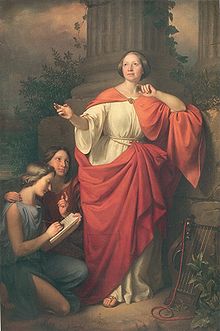
But what does it mean to love rightly? Pausanias goes on to clarify that love between a lover and their beloved must lead to mutual improvement in virtue. Heavenly love is based on the pursuit of wisdom rather than desire; therefore, it is directed towards rational and virtuous people.
In The Symposium, Plato’s messages urge us to seek a deeper connection, one that’s rooted in virtue and the pursuit of knowledge. Whether in the relationships we form, or in our understanding of ourselves, the challenge remains the same: to rise above the common and strive for the heavenly, this timeless dialogue calls us to reconsider how we approach all that is beautiful and true in the world around us.















